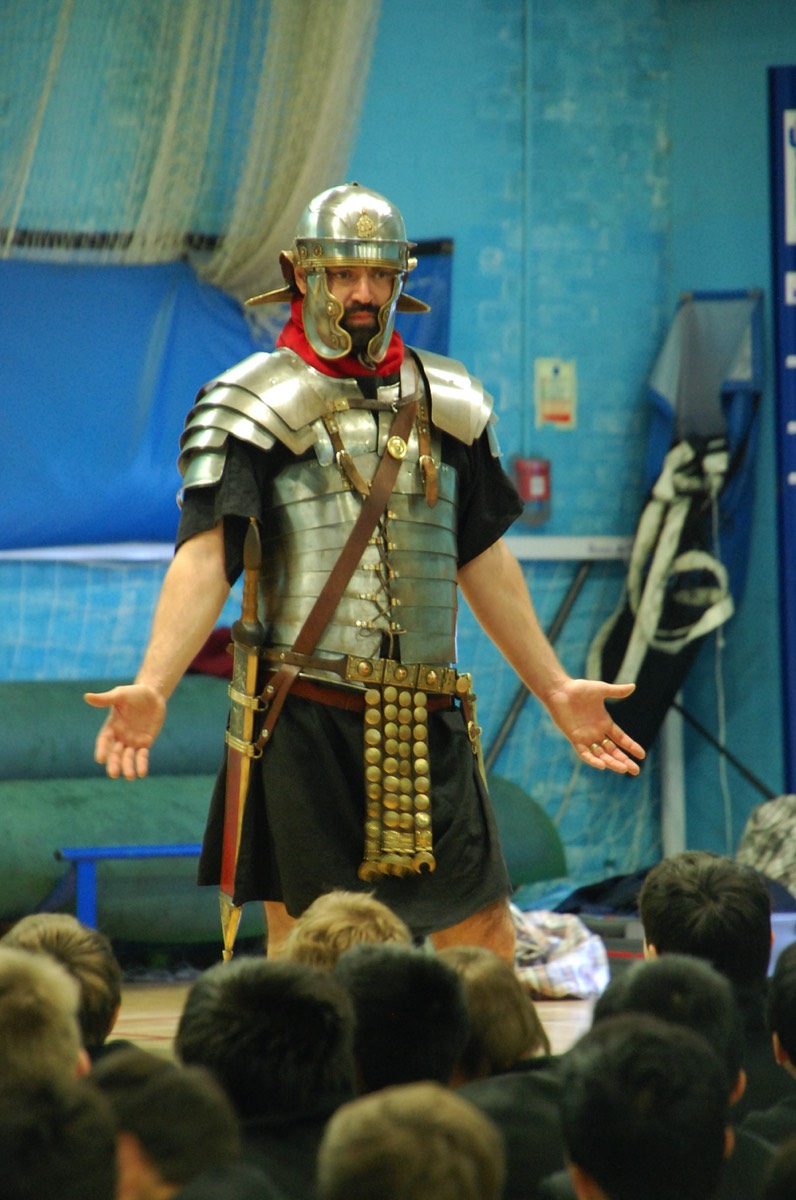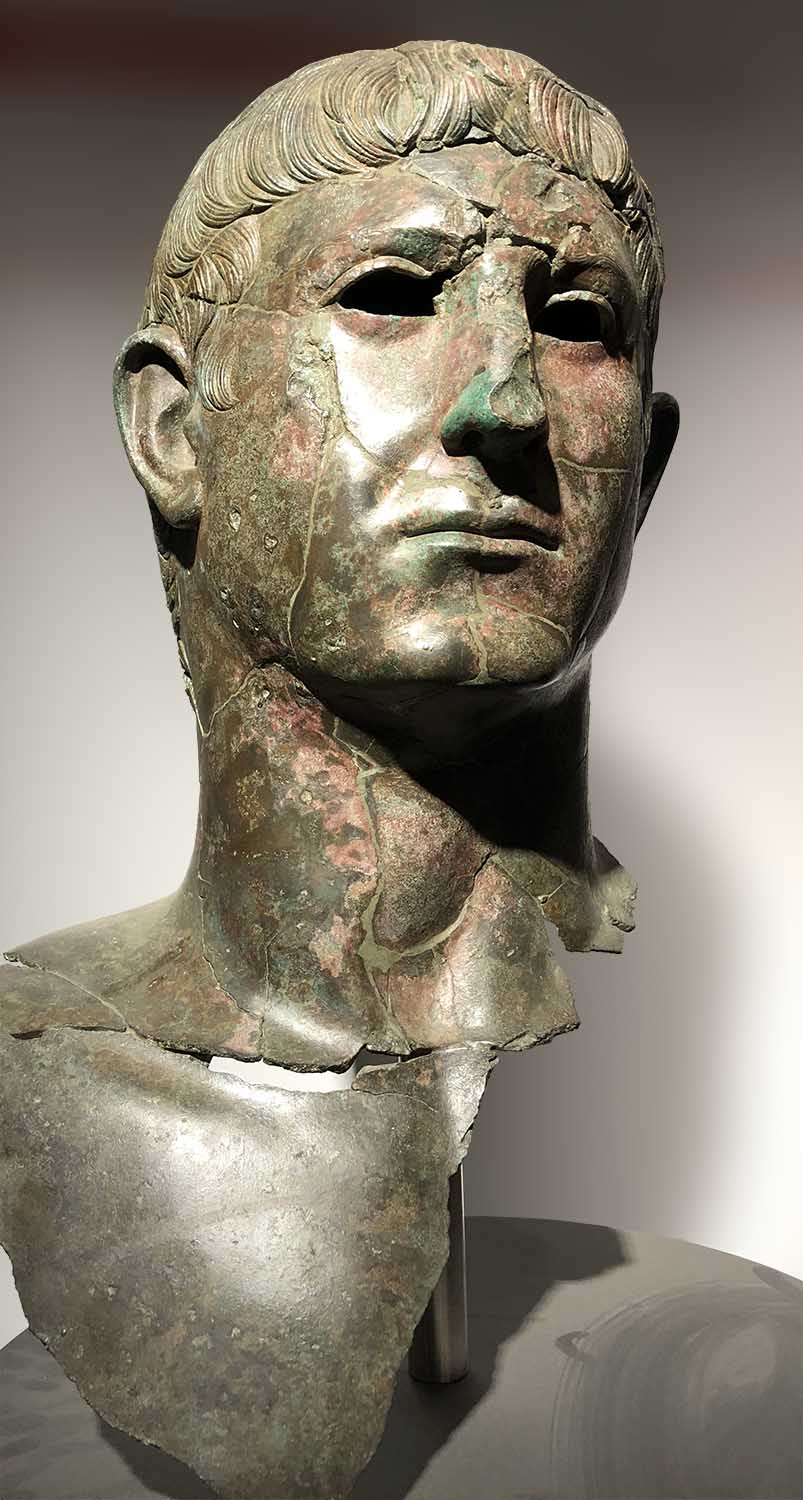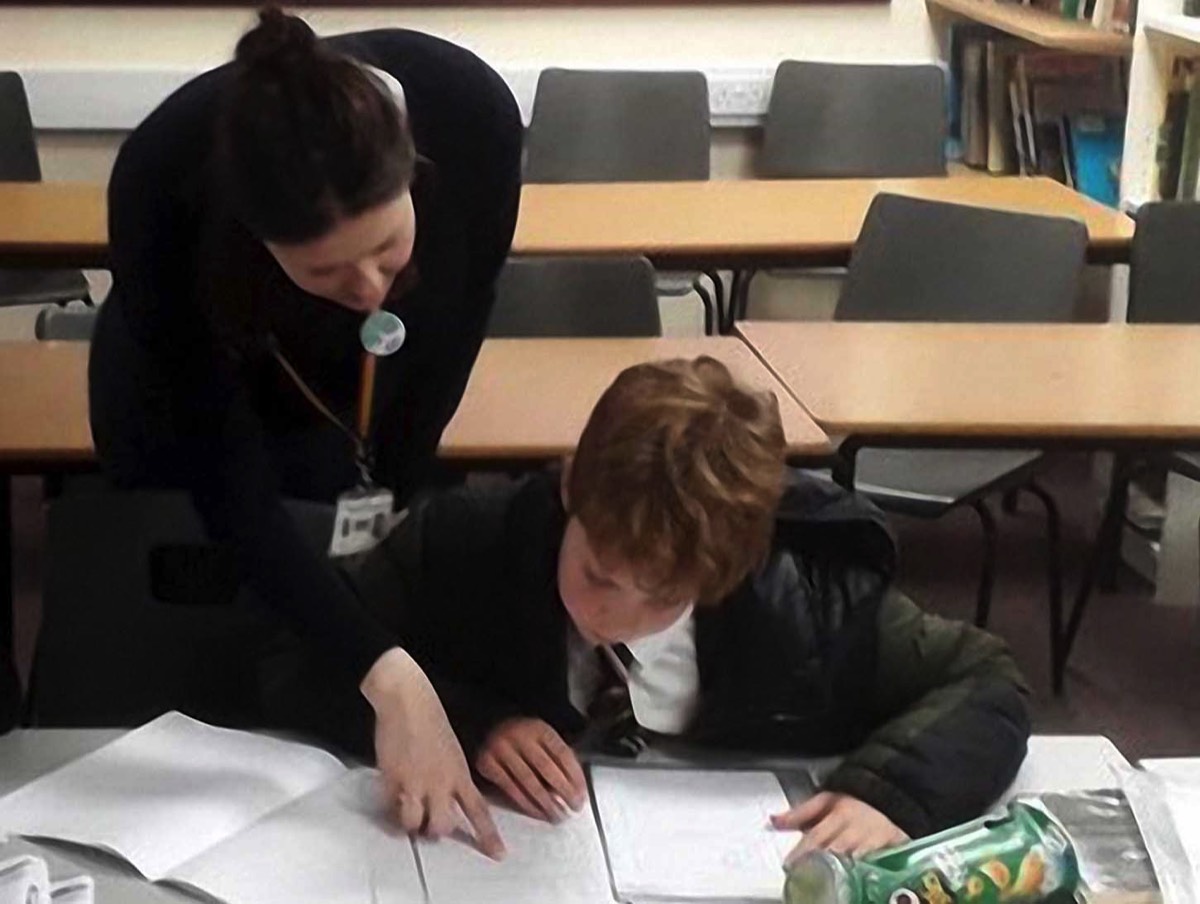THE CLASSICS DEPARTMENT is responsible for teaching three subjects on the curriculum: Latin, Classical Greek and Classical Civilisation.
The classical languages are highly valued as intellectual disciplines and as an unrivalled route to literacy at the highest level. This subject involves not only linguistic and literary understanding, but also knowledge and appreciation of the huge influence the ancient classical world has on our own. It is thanks to the Greeks and Romans that we have drama, philosophy, history, law, science and medicine as we understand them today; classical Greek and Roman ideals of art and architecture still form the baseline of our artistic standards.
In a world increasingly dominated by political and economic global concerns, we aim to give our students the solid cultural and linguistic background that will enable them to make calm, sensible, thoughtful decisions about their futures.
“No other subject is so appropriate to every age, every place and every time.”
— Cicero, 62 B.C.E.
We aim to prove the truth of those words.
“A person with no knowledge of the Classical world will be forever a shy guest at the feast of the world’s culture.”
— James Joyce
Our Staff
Miss Cohen
Ms Banner
LATIN
Latin is studied by all six forms in Years 7 and 8. At the end of Year 8, GCSE option choices are made. Numbers of boys opting for Latin have remained healthy over the last few years, and the A level course is available in the sixth form.
CLASSICAL GREEK
Classical Greek is available for those who wish to take an extra subject at GCSE. The classes are voluntary and begin towards the end of Year 8. Those interested are given the opportunity to try some taster sessions. Regular lessons take place during one hour after school each week and one half-hour lunchtime slot (both decided by the dictates of the school calendar and in consultation with the students). The combination of Latin and Greek is the foundation of Classics as studied at university and is the ideal way of approaching the study of the ancient Greek and Roman world.
CLASSICAL CIVILISATION
Classical Civilisation is available as an A level to all boys since knowledge of Greek and Latin is not required. Classical Civilisation allows students to explore the people, places and ideas of the Classical World and to consider a culture so different from ours yet with which we have so much in common. Topics studied may include the Roman emperors, the Iliad, Pompeii, the Odyssey and Greek tragedy.

ENRICHMENT
The department likes to take one major visit abroad per year, together with smaller visits in this country. In recent years we have gone to Italy, Greece and Turkey. One very popular option is to visit Italy in the spring, taking in Rome, Pompeii, Vesuvius and Herculaneum. One time we even attended a football match in Rome, went to a gladiator school and made proper Italian pizza and ice-cream!
In the local area we make regular theatre and museum visits, as well as an annual appearance at the local Classical quiz with neighbouring schools. From time to time we make a three-day visit to Hadrian's Wall.
There is a Classics Club, at which speakers lead discussions on Classical matters in a relaxed manner.
Wilson’s School
A boys’ grammar school in the London Borough of Sutton (UK), Wilson’s School is:
- committed to safeguarding and promoting the welfare of children and young people and expects all staff and volunteers to share this commitment
- a charitable company limited by guarantee registered in England and Wales (no. 7536970). Registered office: Mollison Drive, Wallington, Surrey SM6 9JW

